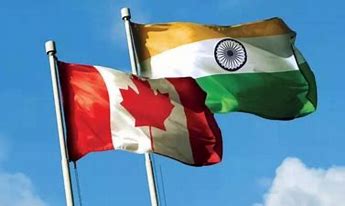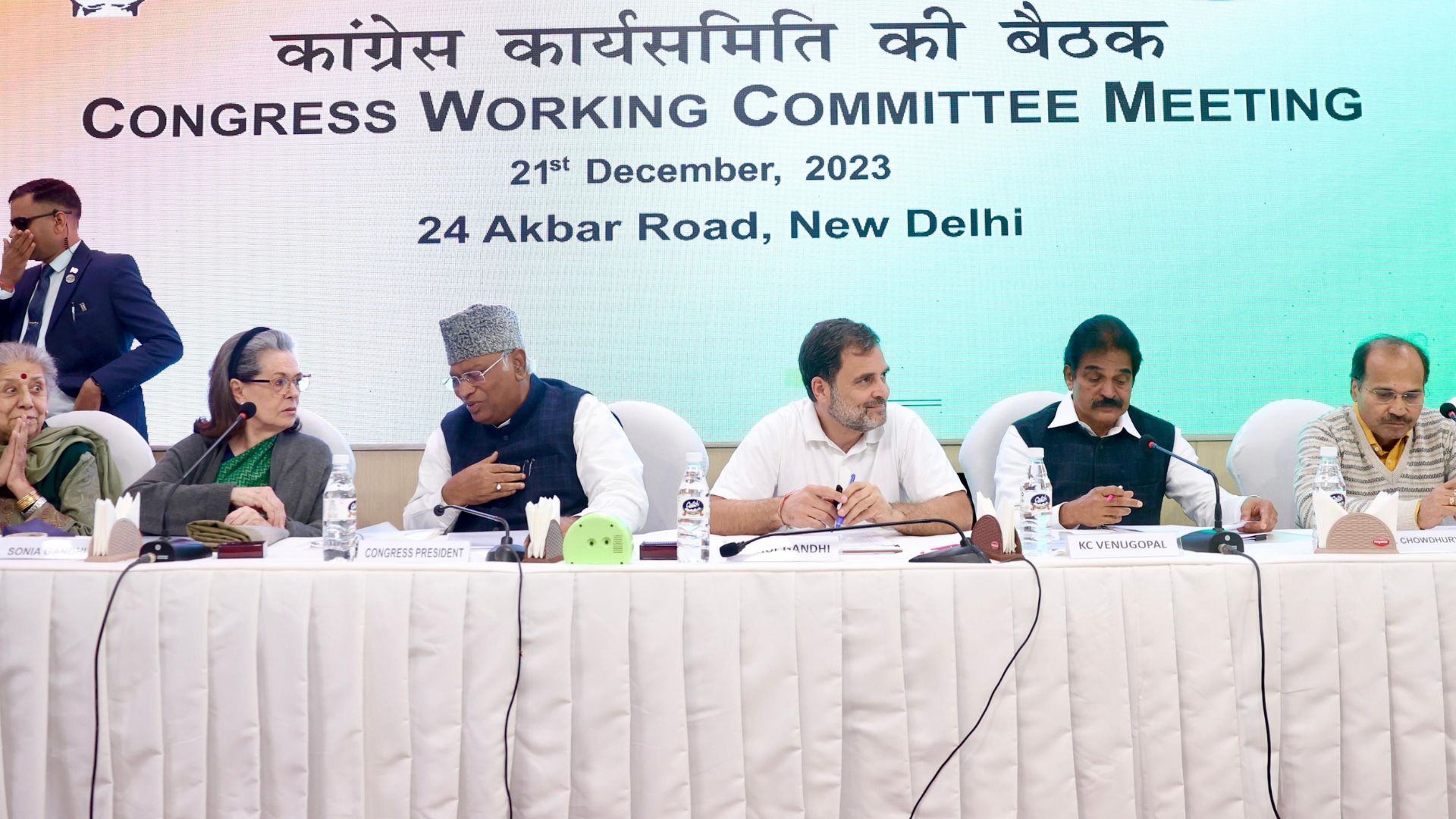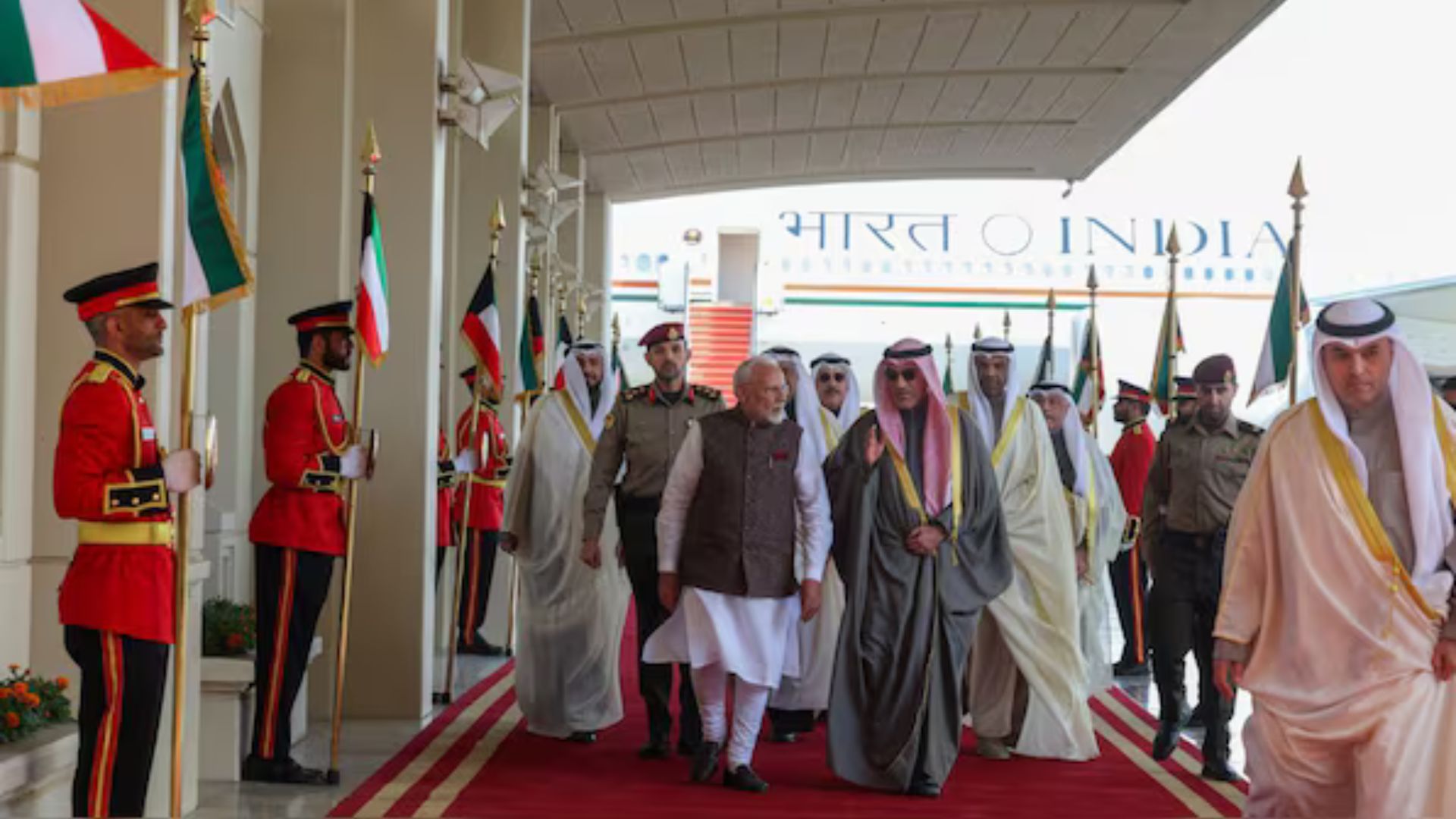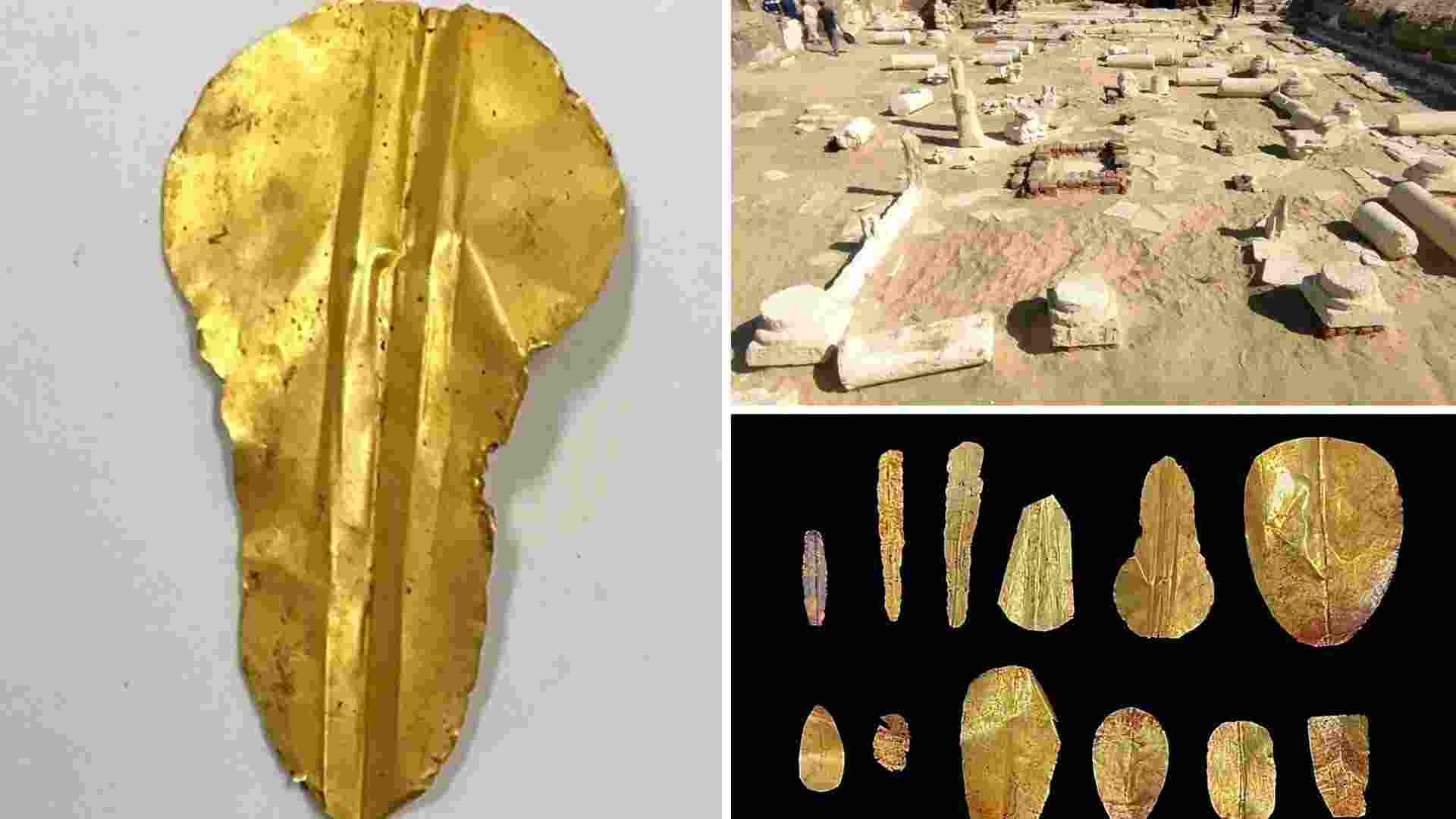Canadian authorities are conducting multiple investigations into alleged foreign interference by India, according to the Royal Canadian Mounted Police (RCMP). These probes are distinct from the ongoing investigation into the killing of pro-Khalistan activist Hardeep Singh Nijjar in June 2022.
Investigations Into Indian Interference
Mark Flynn, deputy chairman of the RCMP, testified during a public inquiry, revealing that Canadian law enforcement is investigating foreign interference by India. Flynn explained that the investigations are “separate and distinct” from the case surrounding Nijjar’s murder.
Flynn also stated that Indian authorities frequently express concerns over pro-Khalistan extremism in Canada, but he noted that some offenses flagged by India do not align with Canadian laws.
Nijjar Killing and Its Impact
Hardeep Singh Nijjar, a key figure in the Khalistan referendum and president of the Guru Nanak Sikh Gurdwara in Surrey, British Columbia, was murdered on June 18, 2022. While India had labeled Nijjar a terrorist, these accusations were never tested in Canadian courts. His death worsened India-Canada relations, particularly after Prime Minister Justin Trudeau alleged possible involvement of Indian agents in the killing.
India’s Influence and Khalistani Separatism
A recent commission report highlighted India’s foreign interference efforts aimed at shaping Canadian policy to align with its interests, particularly in relation to Khalistani separatism. While India views pro-Khalistan activism as a national security threat, Canadian authorities differentiate between political advocacy and violent extremism.
Arrests and Further Investigations
Canadian police recently arrested four Indian nationals in connection with Nijjar’s murder, though no concrete evidence has emerged linking India to the crime. The investigation into Nijjar’s killing is still ongoing, and Canadian law enforcement continues to explore all angles, including potential Indian involvement.
This ongoing investigation highlights the complex and strained relationship between India and Canada over the Khalistan movement and the handling of foreign interference.







